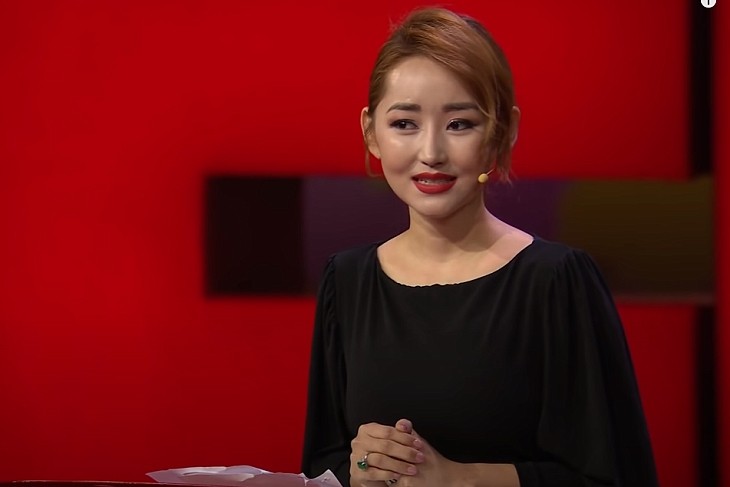North Korean defector turned human rights advocate Yeonmi Park appeared on “Fox and Friends First” Monday and said that her education at the prestigious, Ivy League Columbia University was strikingly similar to the brainwashing she endured as a young student in the Hermit Kingdom.
RedState’s Bonchie wrote about Park in 2021, and since then she’s continued to speak out and has written a second book, “While Time Remains: A North Korean Defector’s Search for Freedom in America,” which is set for release today.
Park escaped the Democratic People’s Republic of Korea in 2007 when she was only 13, and after enduring a harrowing journey through China, Mongolia, and South Korea, eventually made it to the U.S. in 2014. She enrolled at Columba in 2016, and couldn’t believe the woke culture of the school:
“The things that I was learning at Columbia University really shocked me because it was the exact same thing that my North Korean teachers were brainwashing me in the classroom,” Park told host Todd Piro.
“At Columbia University they were literally saying that all the problems that we have is because of capitalism, because of white men, and the solution for all these problems is a communist revolution in the name of equity.” [Emphasis mine.]
“They were saying that we need to destroy this country, and we need to rebuild the country in the name of equality of outcomes, and that same ideology drove my home country into what it is that state, North Korea,” she continued.
She goes on to point out how unserious it is for so many to be focusing on pronouns and “oppression” when they have no idea of what real oppression is:
“It’s really funny to this day to me that somehow not having a problem is a problem,” Park said. “They literally create a problem out of nowhere and create injustice out of thin air… Their oppression is that somehow we cannot catch up their ever-growing non-grammatical pronouns, and that’s the biggest oppression they face.”
It’s often people who emigrate from other countries who love America the most—because they deeply appreciate our freedoms. They may know what it’s like to live in a real totalitarian nation, or to have no opportunity, or to live in constant fear.
There will always be some degree of inequality in a free society, meanwhile, but Park points out that can be an opportunity because people have the ability to climb up the ladder of success:
“And they’ll continue somehow that there’s no free health care, no free education, no free house, no universal income, nothing is free in this world. And… I ask them like, what is it about America that you hate so much?
“And they said that they hate America because there’s inequality,” she continued. “Inequality is a sign of progress. Inequality means you can rise, and there are other people in North Korea like me, watching my family members who are poverty, the enemies of poverty, and they don’t say that.”
She ends her appearance by noting our “elites'” often hypocritical treatment of China:
Park also called out politicians and business moguls like Nancy Pelosi and Jeff Bezos for refusing to call out communist China for “modern-day slavery” while routinely addressing slavery in America that happened “hundreds of years ago.”
“They do not want to stand up against China’s Communist Party because they want the money,” she said. “They want to make the money from this evil regime.”
Park’s personal journey is remarkable, and her tales of her education at Columbia are deeply concerning. Anyone who’s been paying attention knows that the “woke” agenda has turned many if not most of our universities into indoctrination centers for Leftist politics, and her experience just drives the point home.
She has a sense of humor too, tweeting that her book hits the shelves the same day as a certain climate change activist: “What an irony that my book comes out on the same day as @GretaThunberg’s! In freedom, we have the right to think differently and that is the very essence of liberty. ”
Keep speaking out, Yeonmi.
Here’s Park discussing the “unimaginable” conditions in North Korea and her dangerous escape in a 2019 “TED” talk:

